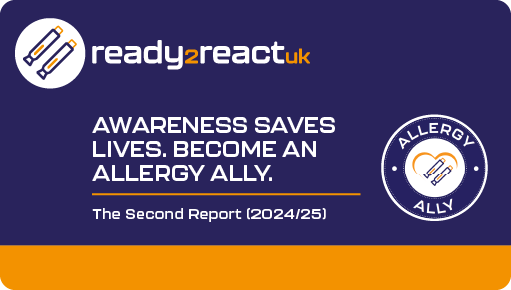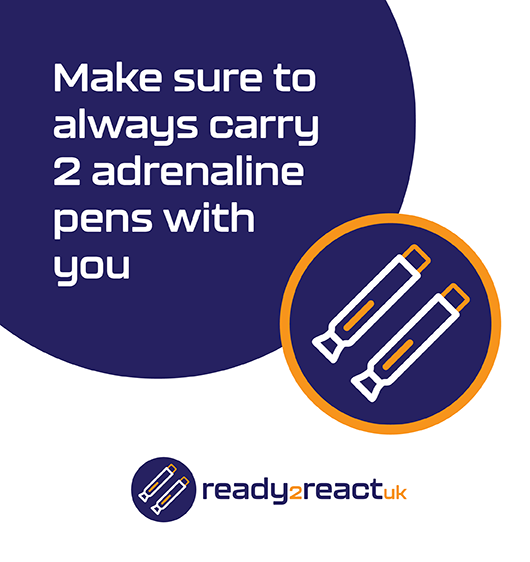Ready2React is a national awareness campaign initiated, reviewed and funded by Viatris, backed by leading UK allergy charities and professional organisations. Its core mission is simple yet vital: to prevent deaths from anaphylaxis in people with diagnosed allergies. The campaign aims to achieve this by educating the public about severe allergies, how to recognise anaphylaxis, and how to use adrenaline pens correctly in an emergency.
In addition to support from major allergy charities, Ready2React brings together voices from across the allergy community including allergy specialists, healthcare professionals, educators, and parents of children with severe allergies.
The campaign is informed by patient insights from surveys conducted by Ipsos, exploring public knowledge and behaviours around allergies, adrenaline pen use, expiry awareness, and accessibility in everyday environments.










